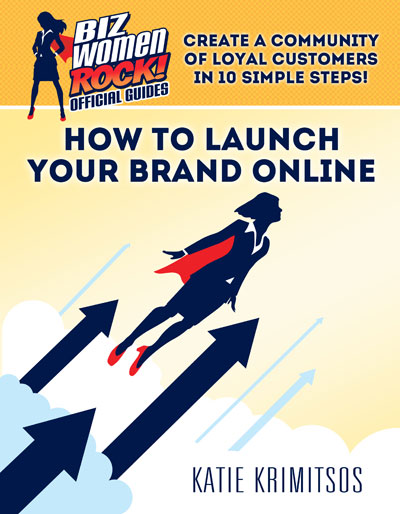Liz Wessel says her startup has solved the conundrum of how students and recent college graduates can find jobs.
When WayUp CEO Liz Wessel interviewed to work at Google soon after graduating from the University of Pennsylvania in 2012, she told the recruiter, “This is my two years’ notice.”
Wessel already knew she wanted to launch a startup. She had caught the entrepreneurship bug in college, where she started two businesses — UniEats, which gave students discounts at local restaurants, and Campus Reps, a company that matched students with brands looking for marketing representatives on college campuses. After getting some corporate experience, she knew she’d want back into startups. That suited Google just fine. So she proceeded to work for the company first in Mountain View and then India. As planned, she quit exactly two years later.
With her third venture, 25-year-old Wessel wants to solve what she sees as a huge problem: college students and recent grads don’t have an efficient way to find good jobs and, on the flip side, companies don’t have a great way to find this talent. WayUp promises to be more effective than LinkedIn and other job websites like Monster.com. Its secret sauce? Smarter filtering and a focus on quality over quantity.
How it works.
Students and recent college graduates register with WayUp for free using school email addresses. They create profiles that they submit as applications to jobs listed on the website. Employers then pay to receive applications through the website, and can request a limit on the number of applications that make it through. The idea is to streamline the hiring process so that job-seekers see posts they actually stand a chance at getting, and companies see applications only from people they might want to hire.
Creating limits sets the New York-based startup apart from other job boards and networking sites that allow an unlimited number of candidates to apply for jobs. Candidates see only jobs for which they are deemed qualified based on their profiles. Some employers might want to hire only people with certain GPAs; others might be looking for, say, potential interns who have finished their third year of college. Algorithms do the filtering.




